Is France Cheap or Expensive? Spending Money Guide 2024
France is a country steeped in thousands of years of history and culture, and this, mixed with its renown for some of the most delectable cuisine on the planet, makes it easy to see why it's often right at the top of many people's must-visit places. But how much spending money do you need for France?
At Crown Currency Exchange, we've put together this ultimate spending money guide for France. We'll walk you through what you need to budget for, cover the average price of each, and look at how much spending money you'll need depending on your personal travel style.
How Much Spending Money Do I Need for France?
The amount of money you'll need for a trip to France will depend on how you like to travel. Are you happy keeping costs low by sleeping in a hostel each night? Or, would you rather have luxury accommodation and eat at fine dining establishments? Thinking about this will make it much easier to start budgeting, but here's a general guide to help give you a better idea:
Budget Travellers
Those looking to spend as little money as possible on their French adventure should create a budget of €120 EUROS per day. This will provide you with accommodation in a hostel or a campsite, allow you to eat at food stalls and cafes, and get you around using public transport.
You'll also be able to enjoy some great activities with this low budget, including a cruise down the River Seine and a guided tour of the Eiffel Tower.
Mid-range Travellers
For those who can put a little more money into their travel budget, a daily cost of €200 EUROS per day will get you a comfortable, private room in a mid-range hotel. You'll also be able to enjoy traditional French cuisine in cafes and bistros, travel by train, and enjoy a trip to the Louvre Museum.
Luxury Travellers
Luxury travel comes at a higher cost in France, and you'll need to budget for a daily spend of around €500 EUROS. For this, you'll be able to stay in a luxury hotel or rent an entire rural gite, hire a car to drive yourself around and enjoy a set menu at a Michelin-starred restaurant. It's important to remember here, however, that some menus can cost as much as €500 EUROS per person in some of France's most famous Michelin-starred restaurants.
You'll also be able to enjoy some amazing activities, including wine tasting at Chateau Cantenac and a guided tour of the Palace of Versailles.
What Goes into a Travel Budget?

- Accommodation: First things first, you're going to need to find somewhere to sleep and to act as a home base. With this in mind, a large portion of your budget will need to go towards your accommodation options.
- Activities: You likely haven't visited France to stay in your hotel room, though! So, think about what you'd like to do while you're in the country and make sure you allocate enough money to the activities portion of your travel budget.
- Food & Drink: No trip to France is complete without sampling French cuisine, so be sure to create a section of your travel budget designated specifically to food costs.
- Transportation: No matter what amazing activity or delicious restaurant you want to visit, you're going to need to think about how you're going to get there. So, it's also important to make sure you allocate some of your budget towards transport costs, too.
What is the Cost of Accommodation in France?

The cost of accommodation in France varies depending on where you'd like to stay, with hostels costing around €35 EUROS per night and luxury hotels or entire apartments costing an average of €200 EUROS per night.
- Budget Travellers: For €35-€40 EUROS per night, a budget traveller can get a comfortable bed in a shared hostel room or spend the night under the stars at a French campsite.
- Mid-Range Travellers: For a slightly higher budget of around €97 EUROS per night, a mid-range traveller can enjoy the privacy and comfort of an affordable hotel room.
- Luxury Travellers: Those with a higher budget of up to €200 EUROS per night will be able to stay in luxury hotels or rent entire apartments or rural gites.
Different Accommodation Options:
- Hostels: This is potentially the best option for budget travellers, as a night in a shared hostel room can cost as little as €35 EUROS per night. There are loads of hostels all across France too, from city centres to rural areas, so they're ideal if you're travelling around the country as well.
- Camping: Another good option if you're trying to keep your accommodation costs low, campsites charge an average price of €40 EUROS per night. Again, this is a good, low-cost option if you're travelling across France and need to stay in a different place each night.
- Rural Gites: Essentially small houses, rural gites offer self-catering accommodation in the French countryside. Prices will vary depending on the size of the gite you need, with smaller properties costing around €70 EUROS per night and larger gites averaging €200 EUROS per night.
- Rental Apartments: You can also rent an entire apartment from Airbnb if you like the idea of a gite but need something closer to the city. Again, prices will vary depending on the size of the apartment, but on average, you'll pay around €200 EUROS per night for a two-bedroom apartment in Paris.
- Mid Range Hotels: This is a good option if you're not looking to spend much time in your accommodation but still want your own bedroom and bathroom facilities, and the average price of a mid range hotel room in France will cost €97 EUROS.
- Luxury Hotels: Those who enjoy the finer things in life will be pleased to learn that France is home to some of the world's most luxurious hotels. Of course, luxury hotels come at a premium, and you can expect to pay upwards of €170 EUROS per night.
Our Money-Saving Tips for Accommodation Costs:
- Book In Advance: Many hotels will offer a discounted rate for guests who book in advance, which is an easy way of saving money on your accommodation. Likewise, sign up to their mailing list ahead of booking and keep an eye out for sales or promotions.
- Stay Outside The City: Hotel rooms in the heart of France's major cities tend to cost more. So, look into the surrounding area and see if you're able to find accommodation close by at a cheaper rate.
What is the Cost of Food in France?

There's no way you can visit France without sampling French cuisine! From mouth-watering dishes to some of the finest wines you'll ever taste, there is a whole world of food and drink to discover. There are options to suit all budgets, too:
- Street Food Stalls: Throughout France's larger cities and markets, you'll find street food stalls that offer a variety of dishes, including crepes, sandwiches, and regional specialities. These are great places to grab a budget meal, with the average price of a dish costing €10 EUROS.
- Bistros: Cosy and casual, bistros offer a laid-back atmosphere in which to enjoy classic French dishes without the pomp and ceremony of fine dining. They're also relatively inexpensive, with a three course meal costing an average of €40 EUROS per person.
- Brasseries: Much like bistros, only larger in size, brasseries also offer a laid-back place to enjoy French cuisine. Prices are very similar to that of bistros too, and better yet, they often operate with extended opening hours, so they're an ideal choice if you're looking for a late meal.
- Cafes: Whether you want a coffee to go or want to sit and enjoy a light breakfast, cafes can be found on almost every street corner in France's major cities. Prices here vary depending on what you order, with a coffee costing around €4 EUROS and pastries ranging from €5-€10 EUROS.
- Restaurants: France boasts some of the best restaurants in the world, many of which are Michelin-starred, and they make for a truly unforgettable experience. Prices are higher here, and some of the most renowned will set you back as much as €500 per person for a tasting menu.
Our Money-Saving Tips for Food Costs:
- Choose Set Menus: Many places, including high-end Michelin-starred restaurants, offer a set menu that is considerably lower in price than ordering a la carte. This is a great way of experiencing some of France's best cuisine while keeping your costs low.
- Avoid Tourist Areas: Restaurants in high-tourist areas tend to have higher prices than those on the outskirts of a city. So, to save some money, don't be scared to venture a little further afield to find an authentic yet affordable option.
What is the Cost of Transport in France?

Unless you're planning to spend your entire trip to France in one area, you'll need to think about how you're going to get around the country. Even if you're keeping things local, you'll need to get to different nearby destinations to enjoy certain activities. Here are your transport options, along with their average price:
- Train: One of the most efficient ways of getting around France is by using the high-speed TGV train network, which links together major cities, including Paris, Lyon, Marseille, and Bordeaux. It's also relatively inexpensive, with the average cost of a train ticket ranging from €10-€30 EUROS, depending on your destination.
- Metro: Those staying in Paris may find that the Metro system is the easiest way of exploring the city and the surrounding suburbs. A one way journey will cost around €2 EUROS, making it a cost effective way of getting around, too.
- Bike Hire: Most cities also offer a 'Velib' bike-sharing system, which allows you to rent a bicycle for a short period of time. This costs €3 EUROS for a 45-minute hire, and prices rise in line with the length of time you need the bike for.
- Car Hire: You can also explore France by car, and this is ideal if you want to travel far from your destination but don't want to rely on public transportation. Rental cars are quite inexpensive in France, compared to other countries, and the average price comes in at €28 EUROS per day.
- Domestic Flights: Those travelling long distances across France may find that their best bet is to jump on a domestic flight. This will get you to your destination faster but costs a little more. Prices will also fluctuate depending on the time of year.
Our Money-Saving Tips for Transportation Costs:
- Use A Public Transport Card: While the Metro system is inexpensive, multiple trips throughout a week can start to add up. So, to save money, we recommend purchasing a weekly travel card that will offer unlimited journeys for a fraction of the cost.
- Consider Carpooling: It's a good idea to ask around your hostel or hotel if anyone else is headed to the same destination as you that day, and if so, pool together and split the cost of hiring a car. Likewise, you may be able to get a group discount if you use certain public transportation links.
What is the Cost of Activities in France?

Whether you want to tour some of France's most famous landmarks, visit art galleries, or go on a thrill-seeking adventure, there's plenty on offer and something to suit every budget.
- Tour The Eiffel Tower: Without a doubt, the Eiffel Tower is France's most iconic landmark, and for €28 EUROS, you can take part in a guided walking tour to the second floor, or if you're feeling brave enough, right to the summit.
- Visit The Louvre Museum: Home to the Mona Lisa, the Louvre Museum is the ideal place for art lovers and history fanatics to visit when in France. Tickets operate on a timed-entry basis and cost €34 EUROS per person.
- Stroll Through Luxembourg Gardens: Located in the heart of Paris, Luxembourg Gardens offers 55 acres of manicured gardens that are aching to be explored. Entry is free, and there are picnic areas and designated play areas to enjoy, too.
- Cruise The Seine River: Flowing through Paris, the Seine River splits the city in two, and for just €16 EUROS per person, you can catch an alternative glimpse of Paris from the water.
- Explore The Palace Of Versailles: Arguably the most extravagant and historically rich building in all of France, the Palace of Versailles needs to be seen to be believed. For €95 per person, you can take a guided tour and see this remarkable building in all of its splendour while learning more about its history.
- Go Wine Tasting At Chateau Cantenac: Perfect for wine lovers, spending €105 EUROS per person will afford you a wine tasting at the world-famous Chateau Cantenac, along with a guided tour of the vineyards and cellar door.
Our Money-Saving Tips for Activity Costs:
- Take Advantage Of Group Booking Discounts: Many tour operators will offer a discount when you book an activity as part of a large group. So, whether you're travelling with friends or you've met new people at your accommodation, make sure you research whether you're able to get any money off your chosen activity for a group booking.
- Walk Between Activities: By choosing activities within the same area, you're able to save money on your transportation costs and, as a result, allocate more money towards activities! This means you may be able to enjoy some higher-end experiences.
Other Expenses to Consider for the Trip

- Visas & Documents: Like many other countries, France requires visitors from certain countries to obtain a visa before travelling. So, make sure you set aside some money for this and apply before you book your trip to France.
- Travel Insurance: It's really important to take out a travel insurance policy before you embark on your holiday, as this will cover you for several eventualities, including lost luggage and cancelled accommodation.
- Emergency Fund: You should also put aside a chunk of money in your budget for any emergencies that come up. While your travel insurance policy will likely cover many unfortunate circumstances, life is unpredictable, and you never know what might happen!
- Gratuities: There is a big tipping culture in France, so make sure you have enough money to hand to your waiter at the end of a meal to thank them for looking after you.
- Gifts & Souvenirs: You'll likely want to pick up some gifts and souvenirs from your travels around France, so set some money aside to treat yourself and your loved ones to some mementos.
Most Cost-Effective Way to Take Euros to France
The most cost-effective way of taking Euros to France is in cash, and there are a couple of good reasons why. Firstly, you're able to shop anywhere using cash, as some rural areas may not accept card payments. Secondly, you won't incur any expensive charges issued by your bank or credit card issuer when you use cash, and while you may think these charges are quite small, they will pile up over time and can soon cost you quite a lot of money!
Visit Crown Currency Exchange for your Euros, and you'll be offered competitive AUD to EUR rates along with zero commission fees.
FAQs
What currency does France use?
France uses the Euro currency, which is used throughout most of Europe.
Is France expensive to visit?
Generally speaking, France isn't too expensive to visit. However, the amount of spending money you'll need will depend on your travel style and what you'd like to do when you're in France.
Can I use cards to pay in France?
Yes, you can use cards to pay in France. It is best to use cash, however, as paying with a credit or debit card can lead to multiple 'International Transaction Fees' being charged to your account.
How Much Spending Money Do I Need for France?
The amount of money you'll need for a trip to France will depend on how you like to travel. Are you happy keeping costs low by sleeping in a hostel each night? Or, would you rather have luxury accommodation and eat at fine dining establishments? Thinking about this will make it much easier to start budgeting, but here's a general guide to help give you a better idea:
Budget Travellers
Those looking to spend as little money as possible on their French adventure should create a budget of €120 EUROS per day. This will provide you with accommodation in a hostel or a campsite, allow you to eat at food stalls and cafes, and get you around using public transport.
You'll also be able to enjoy some great activities with this low budget, including a cruise down the River Seine and a guided tour of the Eiffel Tower.
Mid-range Travellers
For those who can put a little more money into their travel budget, a daily cost of €200 EUROS per day will get you a comfortable, private room in a mid-range hotel. You'll also be able to enjoy traditional French cuisine in cafes and bistros, travel by train, and enjoy a trip to the Louvre Museum.
Luxury Travellers
Luxury travel comes at a higher cost in France, and you'll need to budget for a daily spend of around €500 EUROS. For this, you'll be able to stay in a luxury hotel or rent an entire rural gite, hire a car to drive yourself around and enjoy a set menu at a Michelin-starred restaurant. It's important to remember here, however, that some menus can cost as much as €500 EUROS per person in some of France's most famous Michelin-starred restaurants.
You'll also be able to enjoy some amazing activities, including wine tasting at Chateau Cantenac and a guided tour of the Palace of Versailles.
What Goes into a Travel Budget?
- Accommodation: First things first, you're going to need to find somewhere to sleep and to act as a home base. With this in mind, a large portion of your budget will need to go towards your accommodation options.
- Activities: You likely haven't visited France to stay in your hotel room, though! So, think about what you'd like to do while you're in the country and make sure you allocate enough money to the activities portion of your travel budget.
- Food & Drink: No trip to France is complete without sampling French cuisine, so be sure to create a section of your travel budget designated specifically to food costs.
- Transportation: No matter what amazing activity or delicious restaurant you want to visit, you're going to need to think about how you're going to get there. So, it's also important to make sure you allocate some of your budget towards transport costs, too.
What is the Cost of Accommodation in France?
The cost of accommodation in France varies depending on where you'd like to stay, with hostels costing around €35 EUROS per night and luxury hotels or entire apartments costing an average of €200 EUROS per night.
- Budget Travellers: For €35-€40 EUROS per night, a budget traveller can get a comfortable bed in a shared hostel room or spend the night under the stars at a French campsite.
- Mid-Range Travellers: For a slightly higher budget of around €97 EUROS per night, a mid-range traveller can enjoy the privacy and comfort of an affordable hotel room.
- Luxury Travellers: Those with a higher budget of up to €200 EUROS per night will be able to stay in luxury hotels or rent entire apartments or rural gites.
Different Accommodation Options:
- Hostels: This is potentially the best option for budget travellers, as a night in a shared hostel room can cost as little as €35 EUROS per night. There are loads of hostels all across France too, from city centres to rural areas, so they're ideal if you're travelling around the country as well.
- Camping: Another good option if you're trying to keep your accommodation costs low, campsites charge an average price of €40 EUROS per night. Again, this is a good, low-cost option if you're travelling across France and need to stay in a different place each night.
- Rural Gites: Essentially small houses, rural gites offer self-catering accommodation in the French countryside. Prices will vary depending on the size of the gite you need, with smaller properties costing around €70 EUROS per night and larger gites averaging €200 EUROS per night.
- Rental Apartments: You can also rent an entire apartment from Airbnb if you like the idea of a gite but need something closer to the city. Again, prices will vary depending on the size of the apartment, but on average, you'll pay around €200 EUROS per night for a two-bedroom apartment in Paris.
- Mid Range Hotels: This is a good option if you're not looking to spend much time in your accommodation but still want your own bedroom and bathroom facilities, and the average price of a mid range hotel room in France will cost €97 EUROS.
- Luxury Hotels: Those who enjoy the finer things in life will be pleased to learn that France is home to some of the world's most luxurious hotels. Of course, luxury hotels come at a premium, and you can expect to pay upwards of €170 EUROS per night.
Our Money-Saving Tips for Accommodation Costs:
- Book In Advance: Many hotels will offer a discounted rate for guests who book in advance, which is an easy way of saving money on your accommodation. Likewise, sign up to their mailing list ahead of booking and keep an eye out for sales or promotions.
- Stay Outside The City: Hotel rooms in the heart of France's major cities tend to cost more. So, look into the surrounding area and see if you're able to find accommodation close by at a cheaper rate.
What is the Cost of Food in France?
There's no way you can visit France without sampling French cuisine! From mouth-watering dishes to some of the finest wines you'll ever taste, there is a whole world of food and drink to discover. There are options to suit all budgets, too:
- Street Food Stalls: Throughout France's larger cities and markets, you'll find street food stalls that offer a variety of dishes, including crepes, sandwiches, and regional specialities. These are great places to grab a budget meal, with the average price of a dish costing €10 EUROS.
- Bistros: Cosy and casual, bistros offer a laid-back atmosphere in which to enjoy classic French dishes without the pomp and ceremony of fine dining. They're also relatively inexpensive, with a three course meal costing an average of €40 EUROS per person.
- Brasseries: Much like bistros, only larger in size, brasseries also offer a laid-back place to enjoy French cuisine. Prices are very similar to that of bistros too, and better yet, they often operate with extended opening hours, so they're an ideal choice if you're looking for a late meal.
- Cafes: Whether you want a coffee to go or want to sit and enjoy a light breakfast, cafes can be found on almost every street corner in France's major cities. Prices here vary depending on what you order, with a coffee costing around €4 EUROS and pastries ranging from €5-€10 EUROS.
- Restaurants: France boasts some of the best restaurants in the world, many of which are Michelin-starred, and they make for a truly unforgettable experience. Prices are higher here, and some of the most renowned will set you back as much as €500 per person for a tasting menu.
Our Money-Saving Tips for Food Costs:
- Choose Set Menus: Many places, including high-end Michelin-starred restaurants, offer a set menu that is considerably lower in price than ordering a la carte. This is a great way of experiencing some of France's best cuisine while keeping your costs low.
- Avoid Tourist Areas: Restaurants in high-tourist areas tend to have higher prices than those on the outskirts of a city. So, to save some money, don't be scared to venture a little further afield to find an authentic yet affordable option.
What is the Cost of Transport in France?
Unless you're planning to spend your entire trip to France in one area, you'll need to think about how you're going to get around the country. Even if you're keeping things local, you'll need to get to different nearby destinations to enjoy certain activities. Here are your transport options, along with their average price:
- Train: One of the most efficient ways of getting around France is by using the high-speed TGV train network, which links together major cities, including Paris, Lyon, Marseille, and Bordeaux. It's also relatively inexpensive, with the average cost of a train ticket ranging from €10-€30 EUROS, depending on your destination.
- Metro: Those staying in Paris may find that the Metro system is the easiest way of exploring the city and the surrounding suburbs. A one way journey will cost around €2 EUROS, making it a cost effective way of getting around, too.
- Bike Hire: Most cities also offer a 'Velib' bike-sharing system, which allows you to rent a bicycle for a short period of time. This costs €3 EUROS for a 45-minute hire, and prices rise in line with the length of time you need the bike for.
- Car Hire: You can also explore France by car, and this is ideal if you want to travel far from your destination but don't want to rely on public transportation. Rental cars are quite inexpensive in France, compared to other countries, and the average price comes in at €28 EUROS per day.
- Domestic Flights: Those travelling long distances across France may find that their best bet is to jump on a domestic flight. This will get you to your destination faster but costs a little more. Prices will also fluctuate depending on the time of year.
Our Money-Saving Tips for Transportation Costs:
- Use A Public Transport Card: While the Metro system is inexpensive, multiple trips throughout a week can start to add up. So, to save money, we recommend purchasing a weekly travel card that will offer unlimited journeys for a fraction of the cost.
- Consider Carpooling: It's a good idea to ask around your hostel or hotel if anyone else is headed to the same destination as you that day, and if so, pool together and split the cost of hiring a car. Likewise, you may be able to get a group discount if you use certain public transportation links.
What is the Cost of Activities in France?
Whether you want to tour some of France's most famous landmarks, visit art galleries, or go on a thrill-seeking adventure, there's plenty on offer and something to suit every budget.
- Tour The Eiffel Tower: Without a doubt, the Eiffel Tower is France's most iconic landmark, and for €28 EUROS, you can take part in a guided walking tour to the second floor, or if you're feeling brave enough, right to the summit.
- Visit The Louvre Museum: Home to the Mona Lisa, the Louvre Museum is the ideal place for art lovers and history fanatics to visit when in France. Tickets operate on a timed-entry basis and cost €34 EUROS per person.
- Stroll Through Luxembourg Gardens: Located in the heart of Paris, Luxembourg Gardens offers 55 acres of manicured gardens that are aching to be explored. Entry is free, and there are picnic areas and designated play areas to enjoy, too.
- Cruise The Seine River: Flowing through Paris, the Seine River splits the city in two, and for just €16 EUROS per person, you can catch an alternative glimpse of Paris from the water.
- Explore The Palace Of Versailles: Arguably the most extravagant and historically rich building in all of France, the Palace of Versailles needs to be seen to be believed. For €95 per person, you can take a guided tour and see this remarkable building in all of its splendour while learning more about its history.
- Go Wine Tasting At Chateau Cantenac: Perfect for wine lovers, spending €105 EUROS per person will afford you a wine tasting at the world-famous Chateau Cantenac, along with a guided tour of the vineyards and cellar door.
Our Money-Saving Tips for Activity Costs:
- Take Advantage Of Group Booking Discounts: Many tour operators will offer a discount when you book an activity as part of a large group. So, whether you're travelling with friends or you've met new people at your accommodation, make sure you research whether you're able to get any money off your chosen activity for a group booking.
- Walk Between Activities: By choosing activities within the same area, you're able to save money on your transportation costs and, as a result, allocate more money towards activities! This means you may be able to enjoy some higher-end experiences.






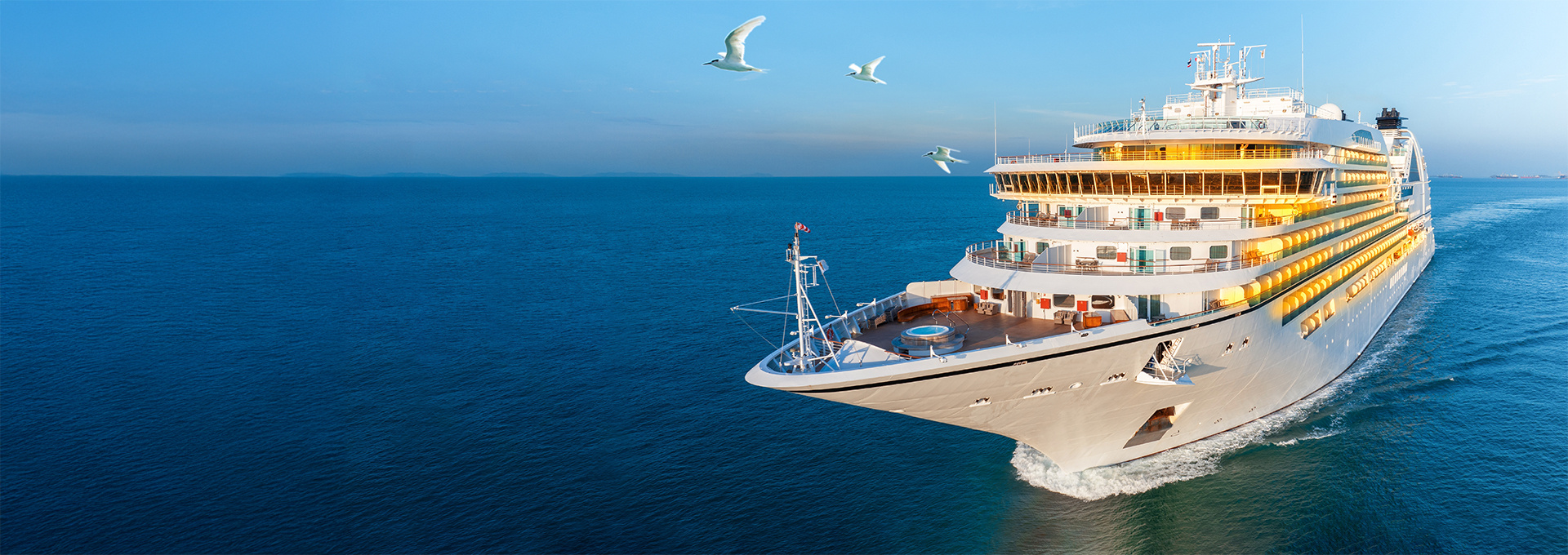
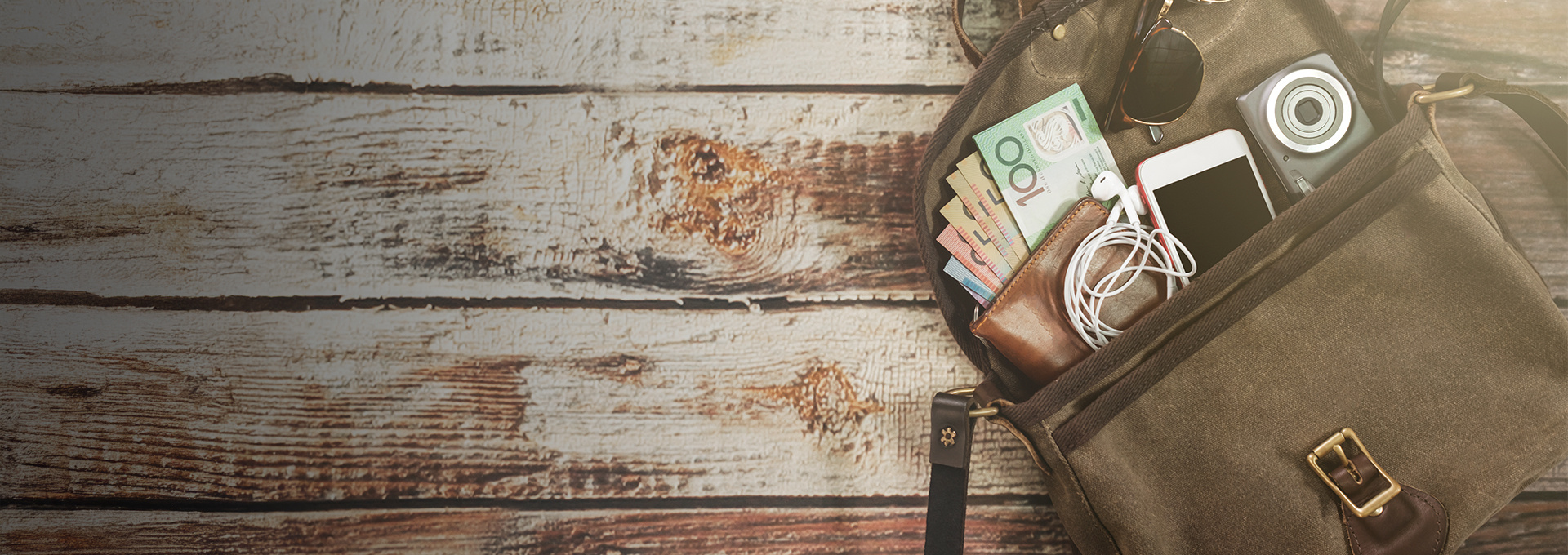
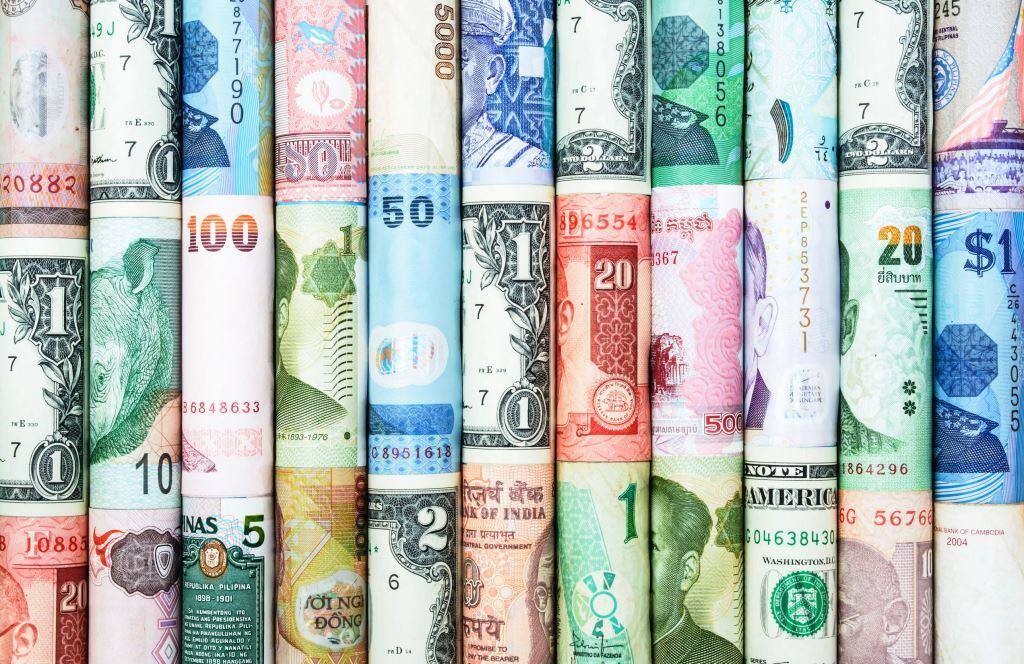
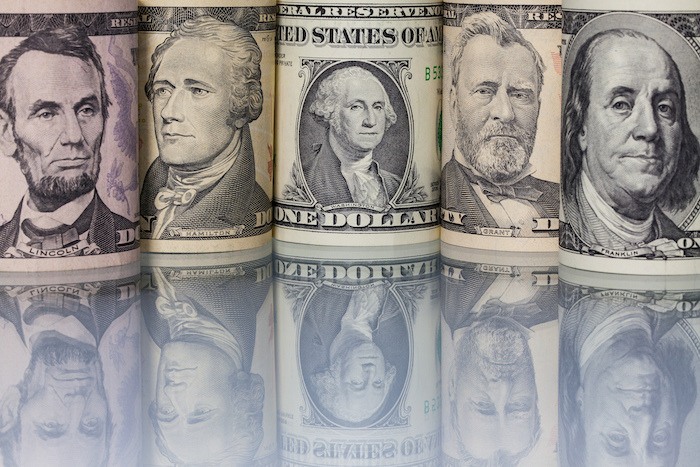

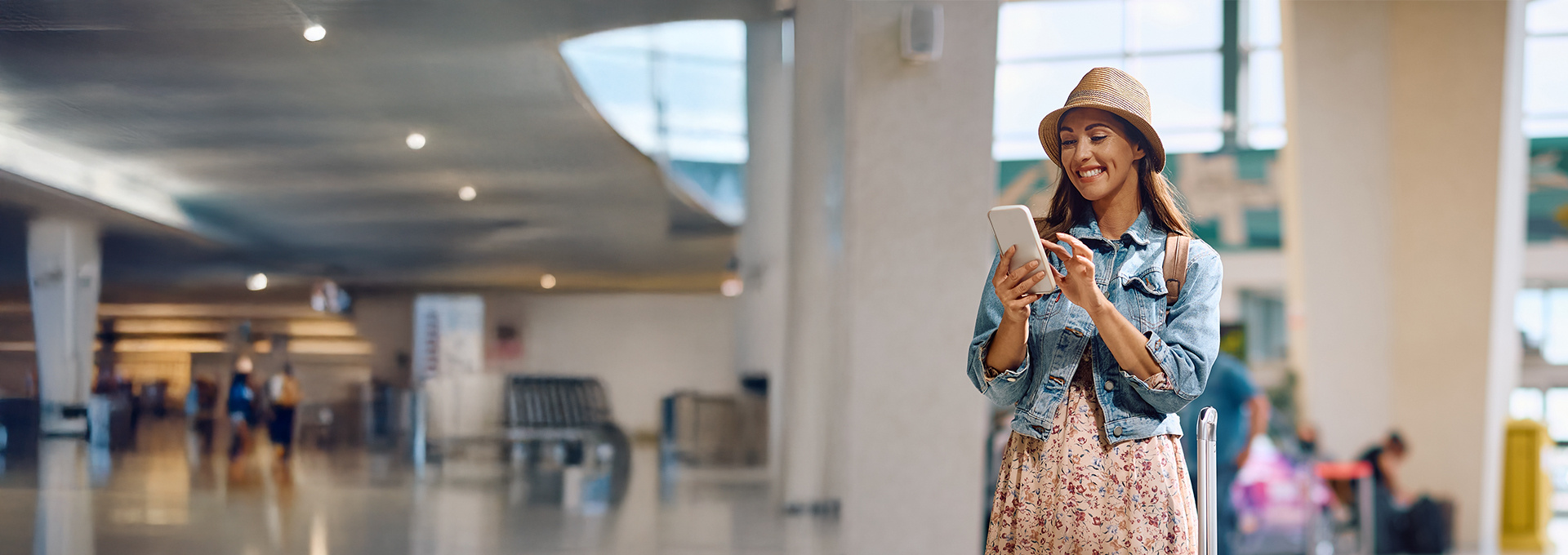
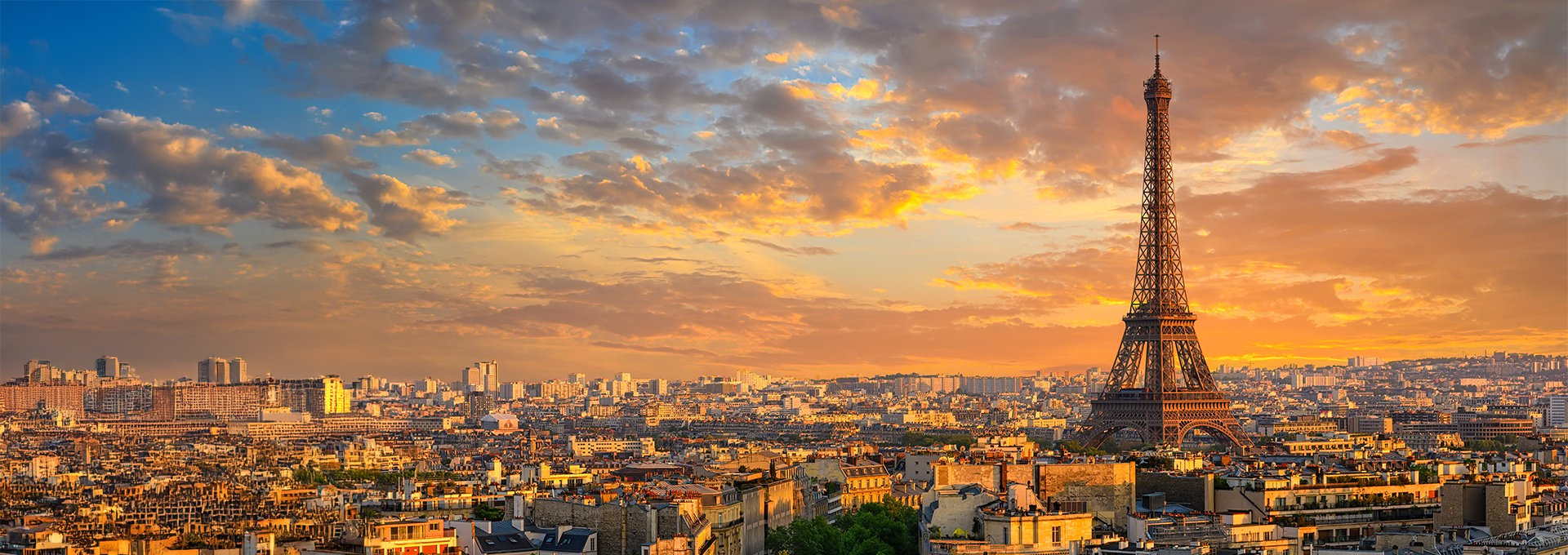
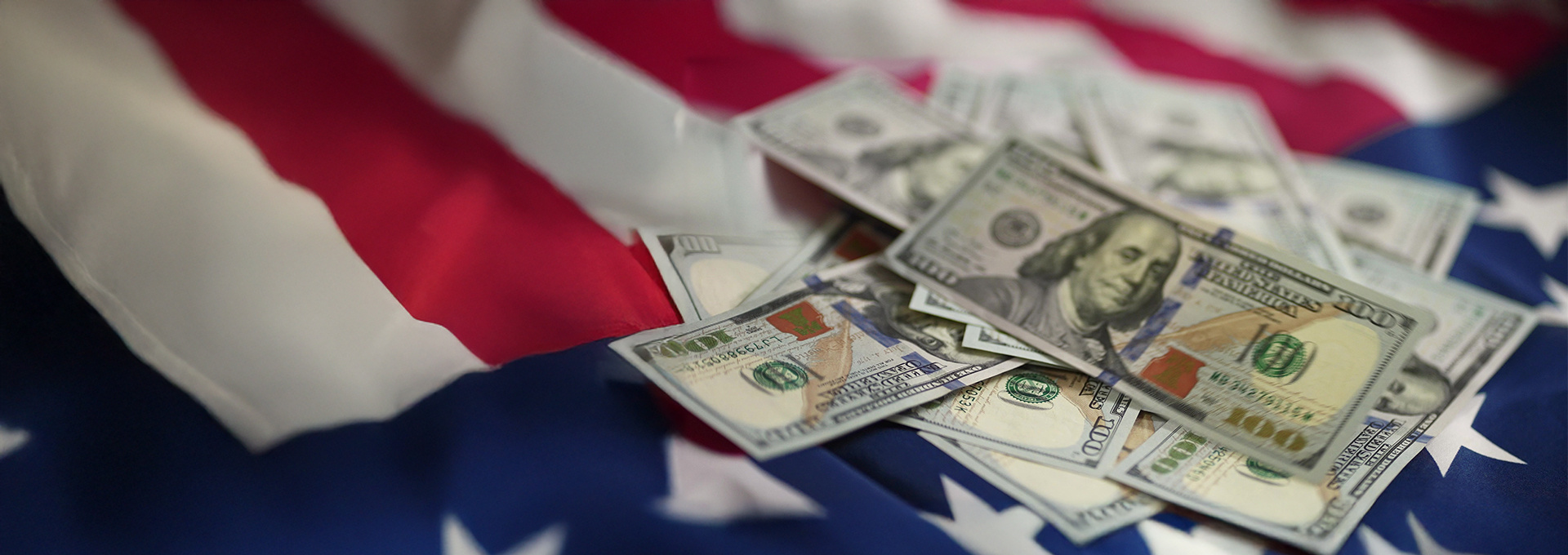

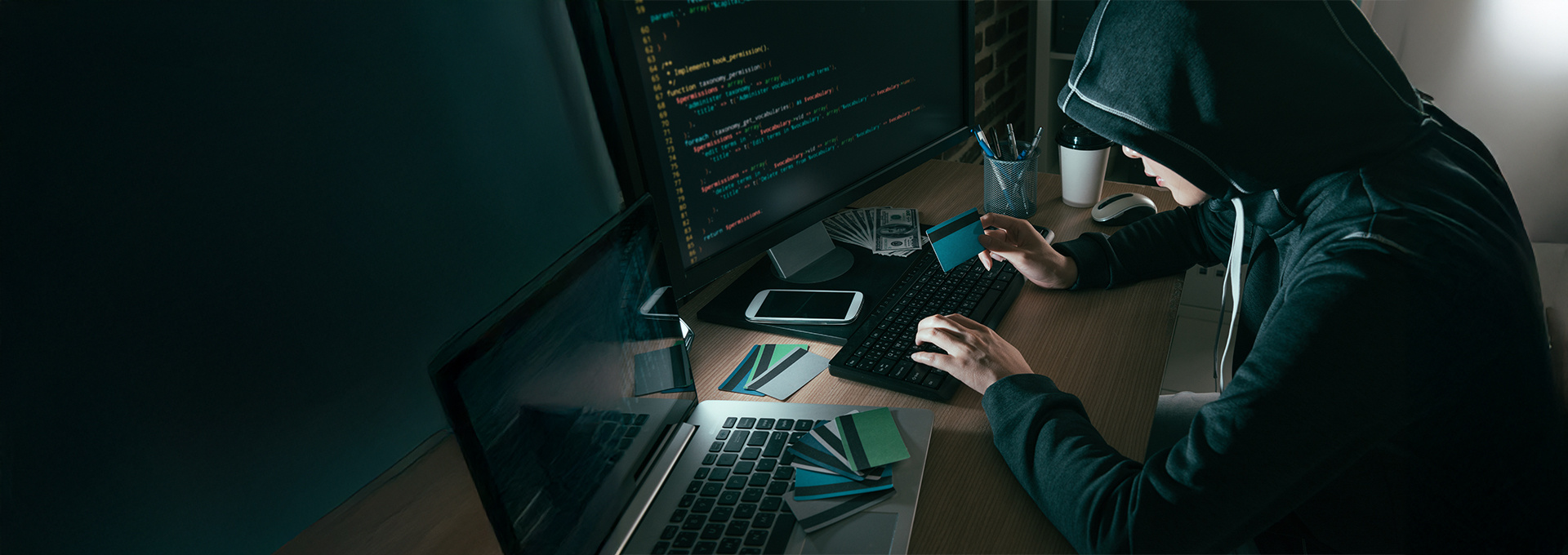
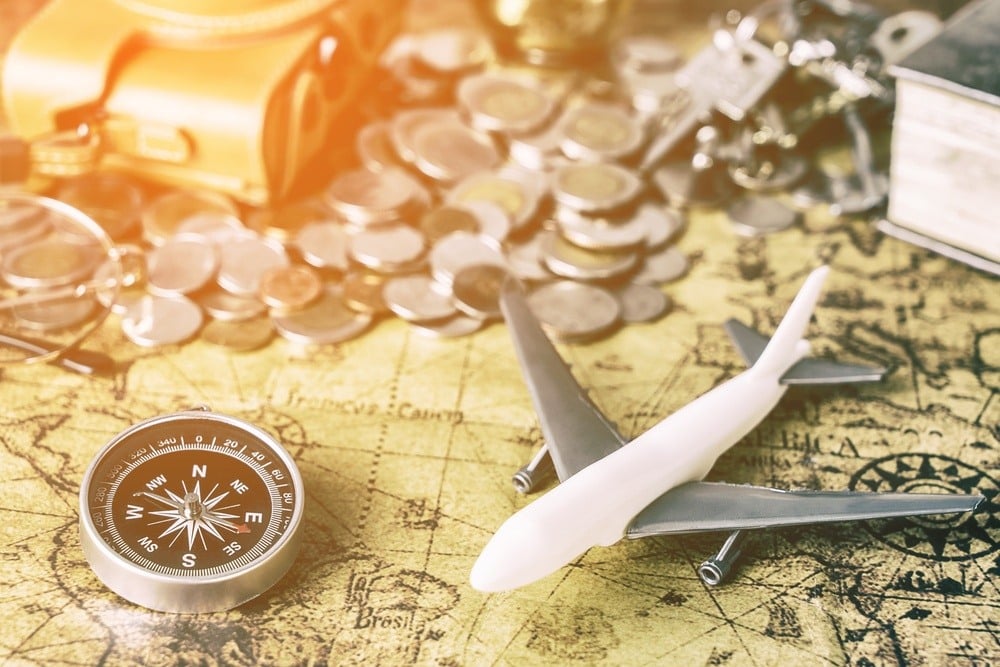

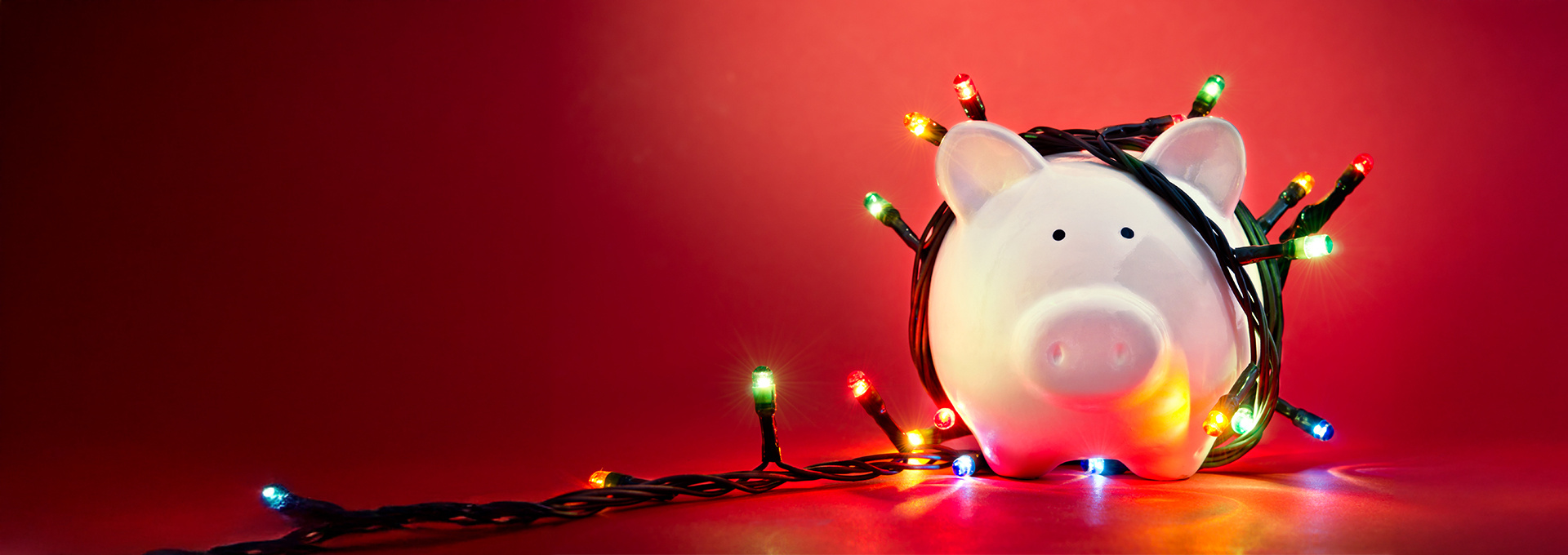
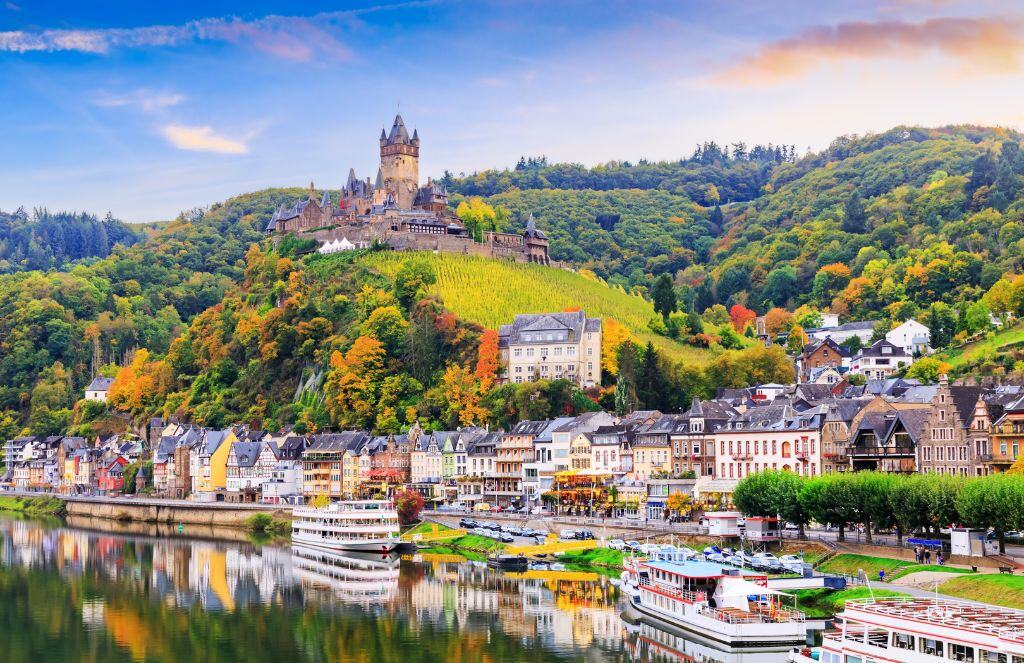
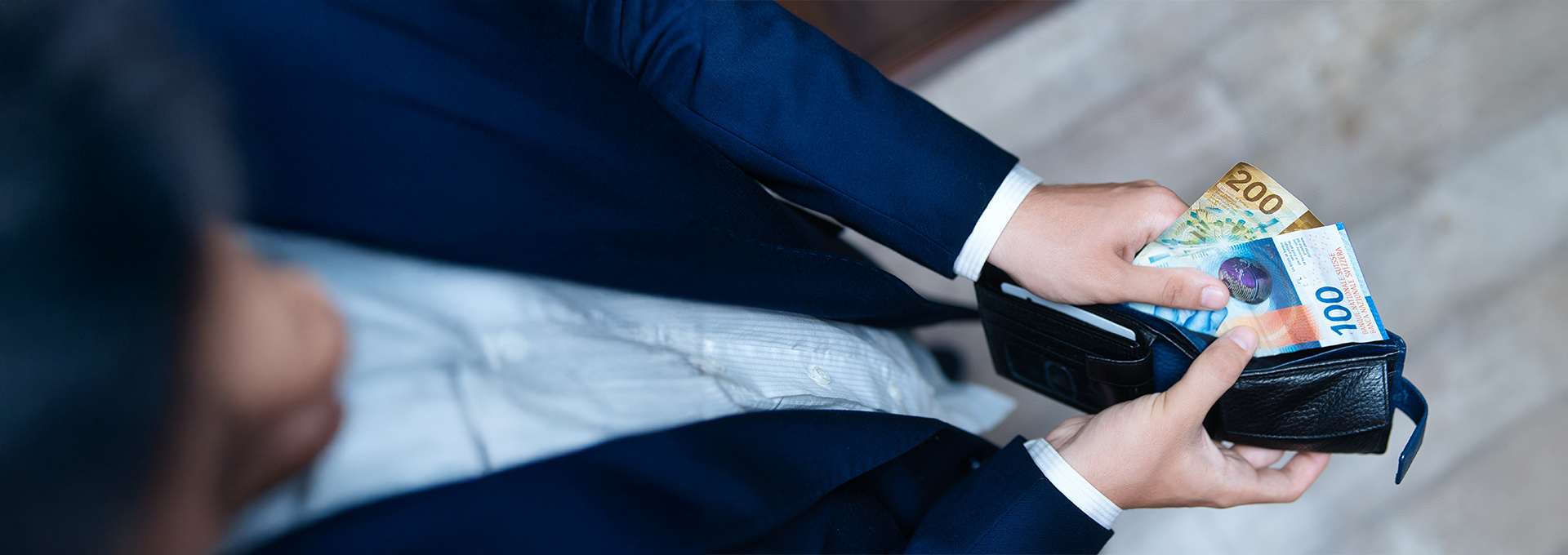
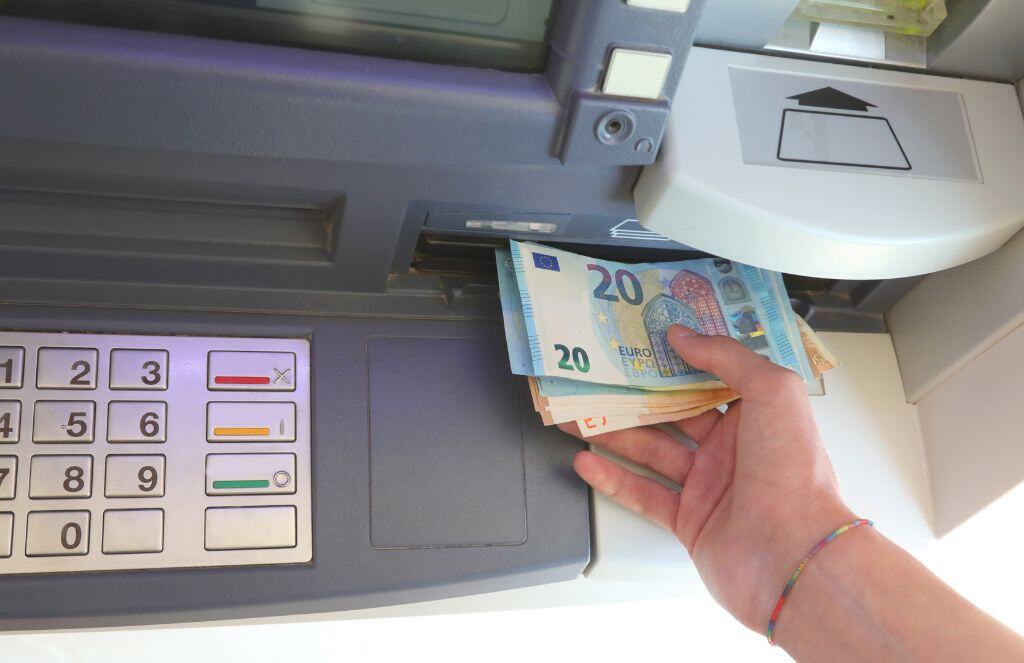
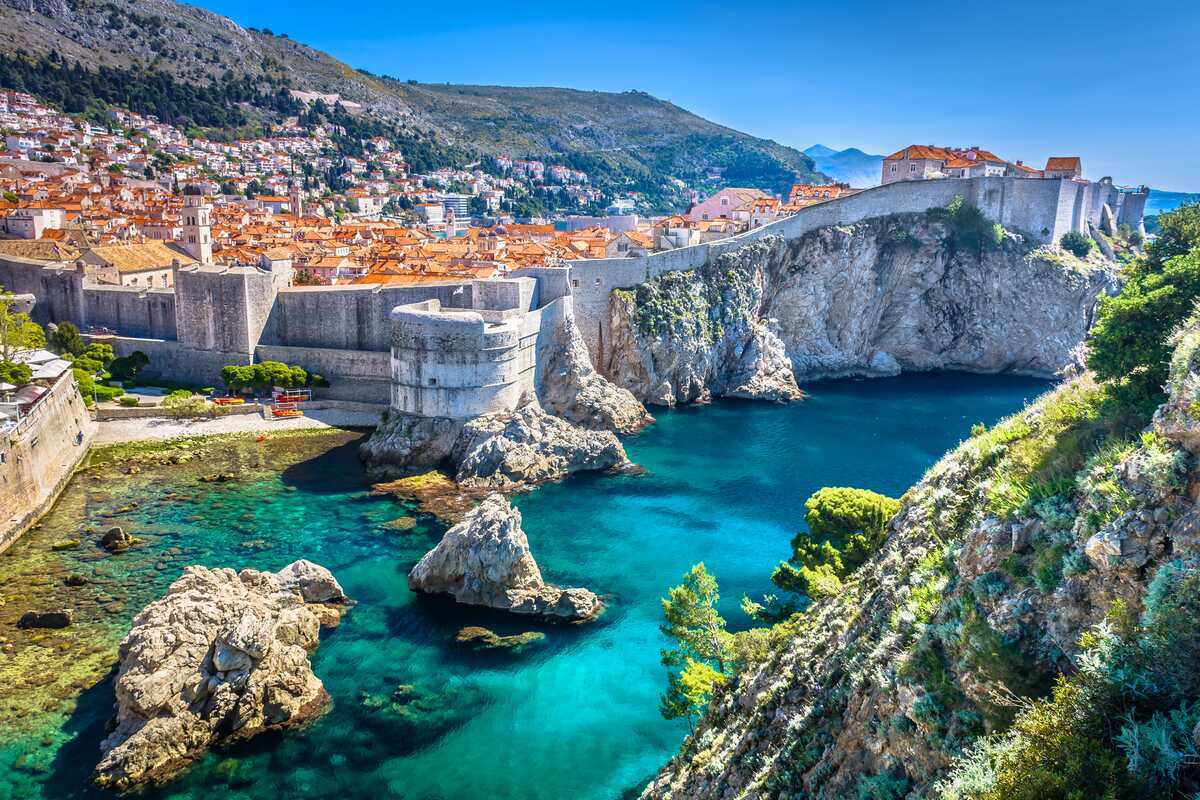

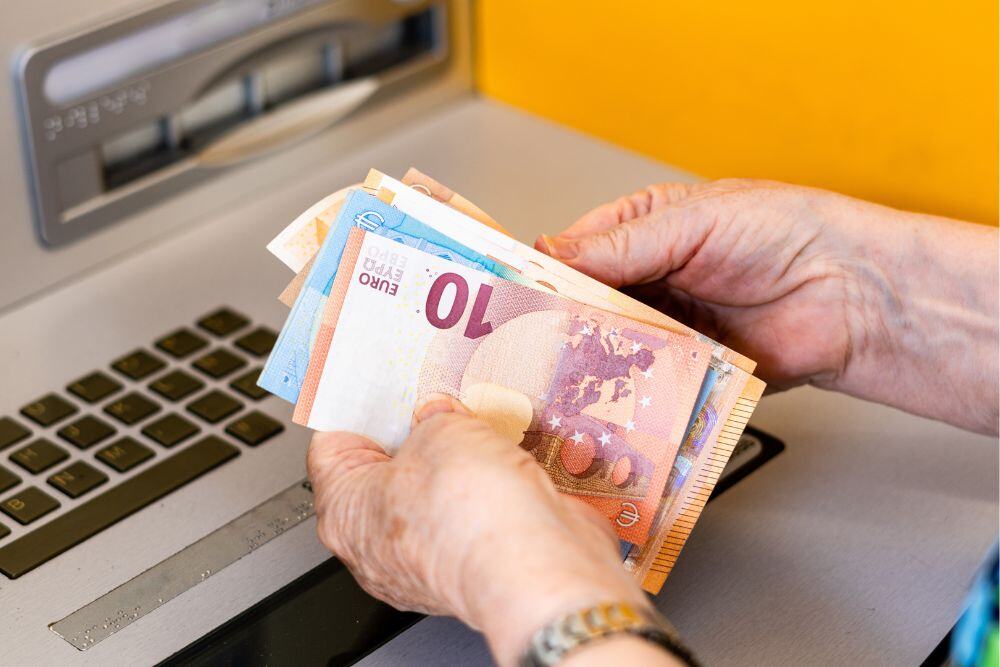
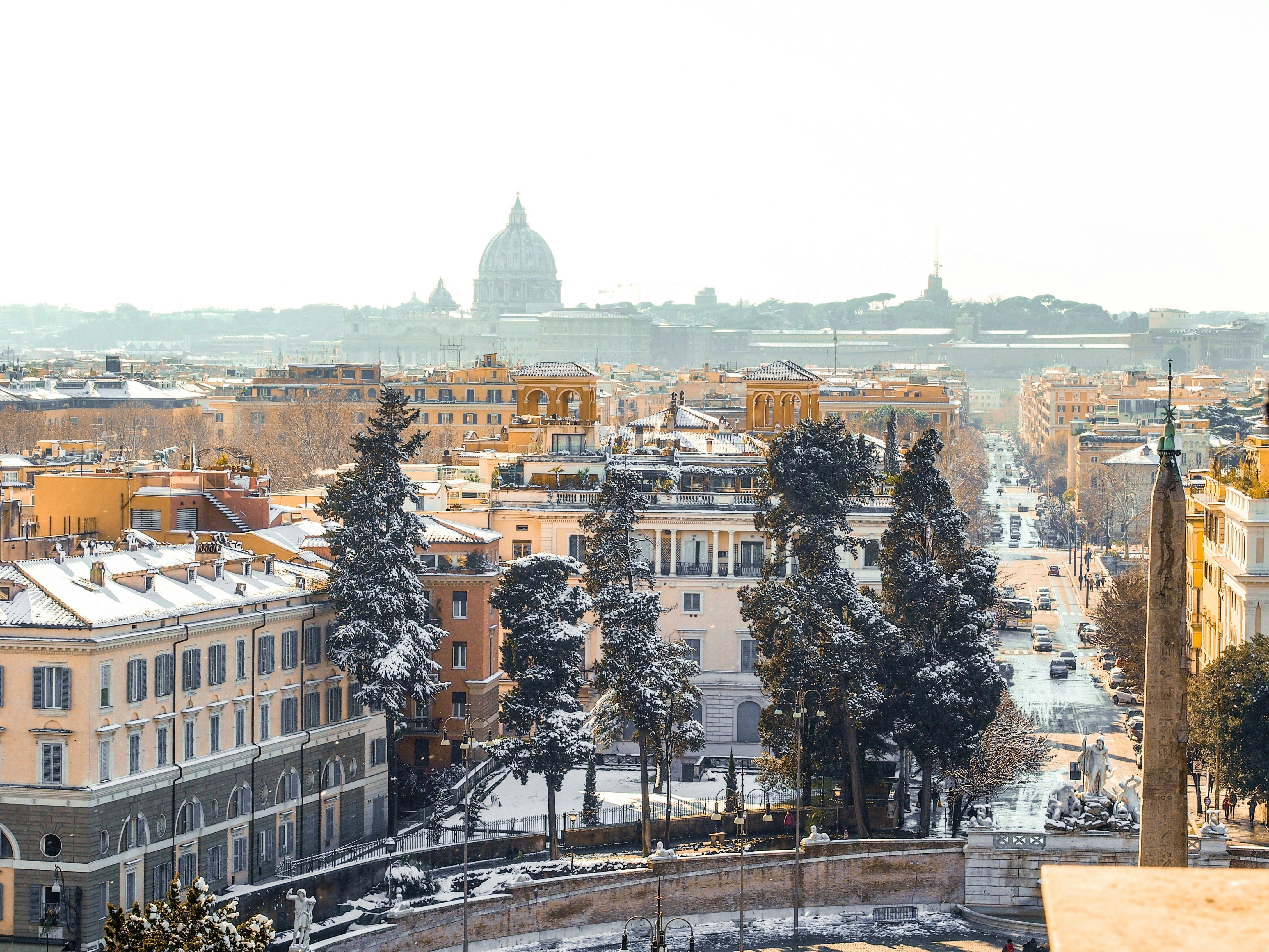
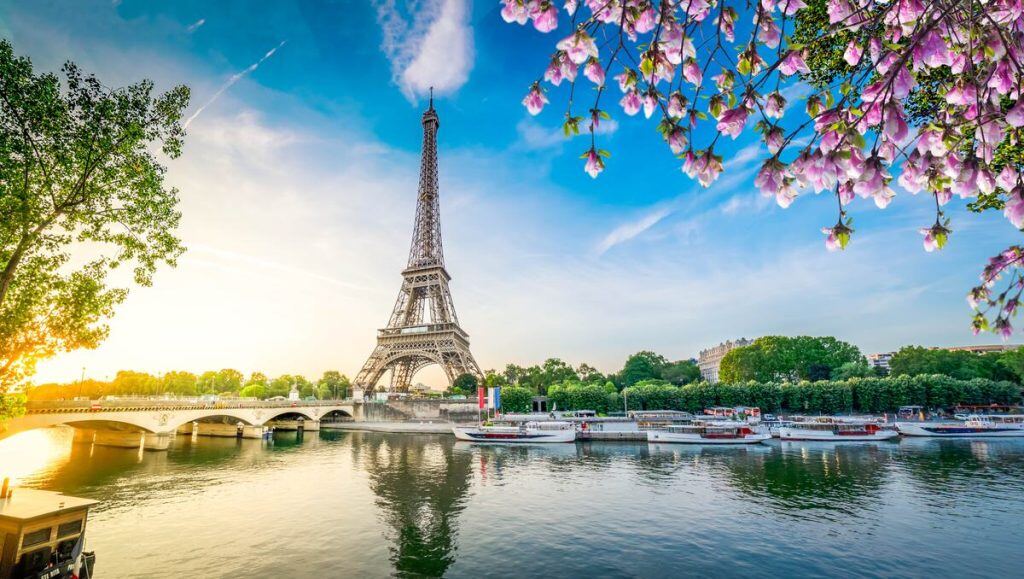
.png)

